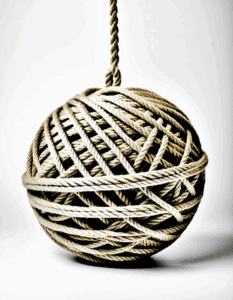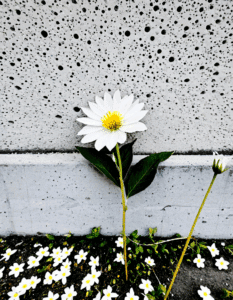Addiction isn’t just an individual struggle; it ripples into the lives of parents and families caught in the undertow of their loved one’s choices. Here at Mothers Against Addiction, we see firsthand the emotional toll addiction takes on families, a toll exacerbated by harmful habits formed through automatic behaviors. When we delve into the habit definition, we see it’s more than just a simple repetition of actions. Habits are ingrained behaviors, often initiated by triggers, that have profound effects on our lives. It’s vital for parents to understand this cycle because awareness could spark positive change in their lives and their children’s.
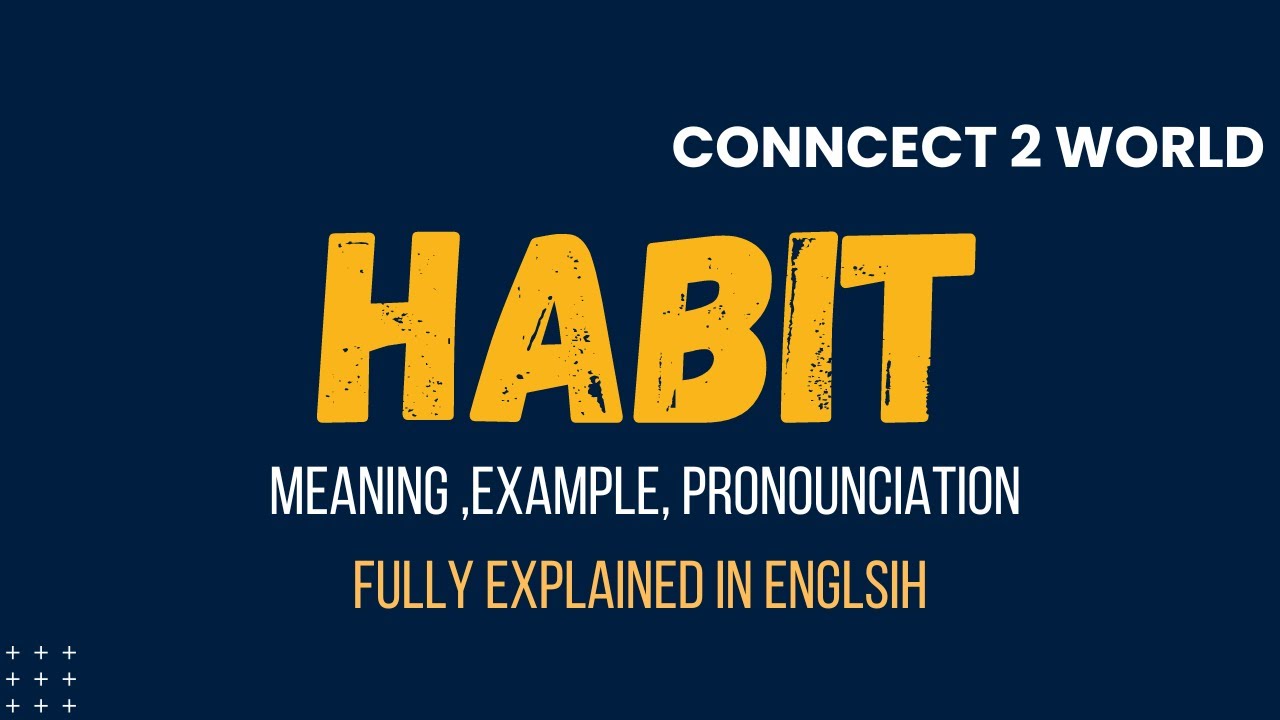
Understanding the Habit Definition: More than Just Repetition
When most of us think of a habit, we envision mundane tasks like sipping our morning coffee or scrolling through our feeds before bed. However, the habit definition reveals a world layered with cues, responses, and rewards that shape virtually every aspect of our daily lives. Consider each cue as an invisible thread woven into the fabric of our routine—each one pulling us toward an action. For families grappling with addiction, understanding these threads helps illuminate the paths that lead to both struggles and recovery.
Take the classic example of a child who reaches for substances when faced with stress—this behavior forms through triggers like overwhelming emotions or peer pressure, marking a chilling pattern. By recognizing the mood definition involved in such automatic behaviors, parents can begin to identify concerning patterns in their child’s state of mind and reactions.
Furthermore, the interplay between cues and rewards sheds light on what might seem like a futile cycle at first glance. When a child experiences stress and reaches for a substance, the immediate relief they feel can reinforce that behavior. The process is akin to a well-worn path in the woods—each time it’s taken, it becomes easier to traverse. Unfortunately, this can lead to a compulsive pattern hard to untangle, but it’s entirely possible to challenge and ultimately change these habits.
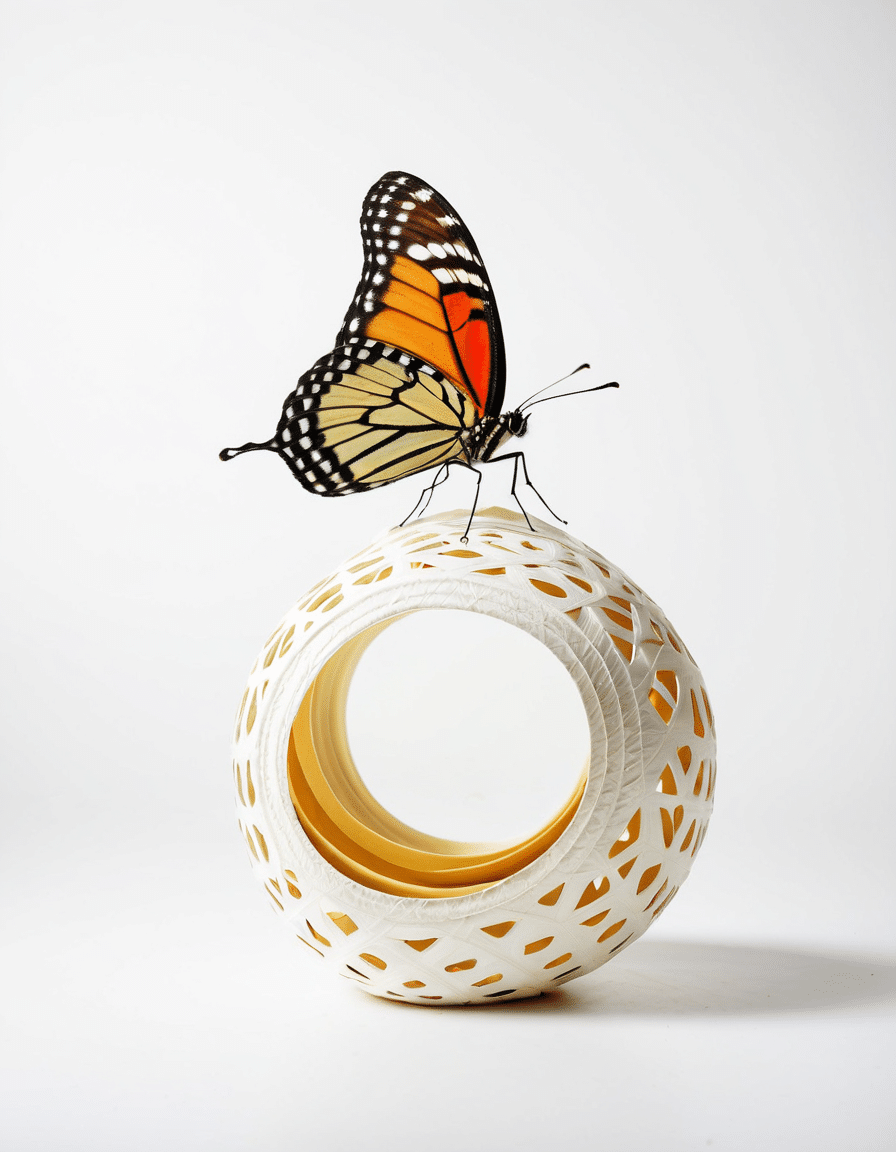
7 Types of Automatic Behaviors that Define Our Lives

1. Morning Routines: Setting the Tone for the Day
Start your day right, and often, everything else follows suit. Structured morning routines can significantly affect our productivity and emotional resilience throughout the day. Tim Ferriss, an entrepreneurial powerhouse, passionately advocates for morning rituals including meditation and exercise, framing such practices as a courageous definition of how to face daily challenges.
Research hints at a 20% increase in productivity for those with deliberate morning routines. Establishing such behaviors can counterbalance a loved one’s destructive habits, offering families a consistent way to start each day grounded in purpose and intention.
2. Mindless Snacking: A Familiar Pitfall
Who hasn’t mindlessly snacked while binge-watching their favorite series? Automatic eating can lead to health issues that, albeit detrimental, deepen emotional struggles. A study from the American Journal of Clinical Nutrition revealed that individuals munching while binging consumed up to 50% more calories than if they had paid attention to their eating habits.
For parents and children battling addiction-related challenges, understanding the detrimental definition of automatic eating behaviors can empower families to cultivate healthier patterns. By practicing mindful eating—putting the phone down and focusing on each bite—individuals can retrain their responses to food and emotional triggers.
3. Social Media Scrolling: A Feedback Loop of Engagement
In today’s world, social media can become a double-edged sword. While it connects us, it can also foster dependence, as many individuals unintentionally engage in endless scrolling. Platforms like Facebook have mastered the art of designing interfaces that keep users hooked, utilizing notifications to evoke a credible definition of engagement that can be difficult to break.
Parents can help combat this habit by setting boundaries, encouraging technology-free family dinners, or at least moments of connection where devices are put aside. Limiting screen time invites more authentic interactions and fosters stronger family relationships—essential when navigating the tumultuous waters of addiction.
4. Evening Technology Use: Impacting Sleep Patterns
Devices illuminated late at night not only distract but can also disrupt essential sleep patterns. A study by the University of Michigan showed how blue light exposure before bedtime derailed sleep quality, leading to chronic sleep deprivation. Oh, how tempting it is to scroll through social media or binge-watch that new series, but parents must realize this behavior could inadvertently impact their child’s well-being.
Encouraging a technology curfew in the evenings can serve as a bridge towards healthier sleep habits for both parents and children. Reading, journaling, or an evening walk can foster better rest and promote a more rejuvenated outlook on life.
5. Exercise Routines: Small Changes for Big Results
Incorporating exercise into our lives doesn’t require fancy gym memberships. Brands like Peloton have made accessing workout solutions easy and inviting. Research shows that engaging in regular physical activity releases endorphins, enhancing mood and resilience—offering a vital definition of how movement can uplift both body and spirit.
For families dealing with addiction, committing to shared physical activities can instill resilience in both kids and parents alike. From taking bike rides to joining fitness classes, every small step counts toward fostering a culture of well-being.
6. Financial Management: The Power of Saving
In turbulent times, having a handle on finances offers a sense of control. The habit of automating savings, such as using apps like Acorns that help families round up spare change for investment, can boost financial health and security. Such behaviors illustrate a credible definition of financial management, empowering families to plan for brighter futures despite the challenges of battling addiction.
When families come together to discuss finances and saving strategies, they reinforce teamwork and transparency. That’s an essential piece in cultivating healthier relationships amidst the storm of addiction.
7. Community Engagement: Building Support Networks
Creating a substantial support network is crucial, especially for families affected by addiction. Engaging with support groups, whether online or in-person, can provide a sense of belonging for parents and siblings alike. These gatherings help individuals share experiences and coping strategies, creating a courageous definition of recovery shaped by shared resilience.
Organizations like Mothers Against Addiction are pivotal in this community engagement. Parents find solace, strength, and understanding in these spaces—learning and growing through shared experiences and ultimately creating a supportive circle that nurtures healing.
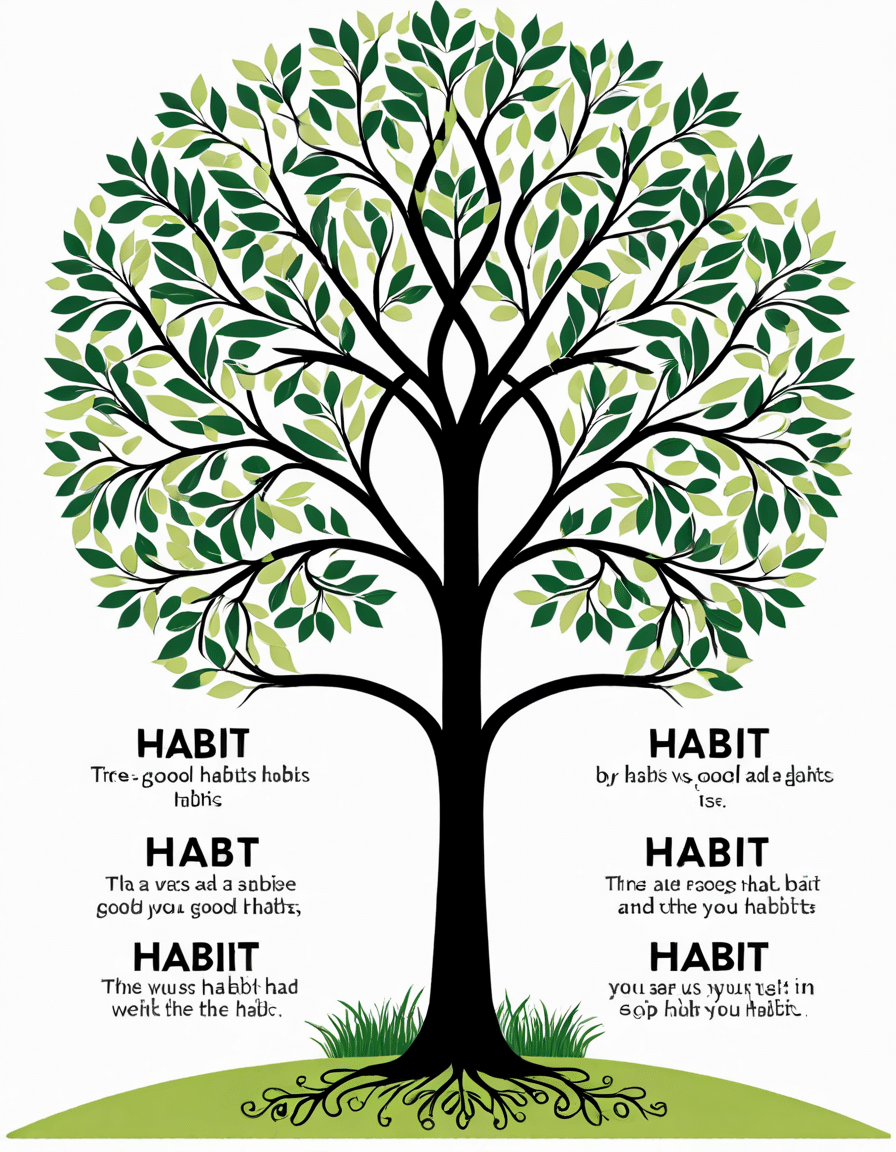
Cultivating Understanding and Breaking Patterns
Understanding the psychology behind our automatic behaviors reveals how ingrained habits are in our daily lives. The cycle of cues and rewards can lead to automatic responses that, while sometimes advantageous, can also reinforce negative behaviors. Parents can harness this knowledge to support their children as they face the complex landscape of addiction.
Using insights from psychology, technological resources, and community engagement, families can redefine their habits together. Fostering greater awareness of triggers and responses ultimately encourages positive change.
As we reflect on the journey of habit change, let’s remember to celebrate even tiny victories. Every step forward—no matter how small—counts towards cultivating a life redesigned with purpose and health, fostering resilience and renewed engagement with family and community. We at Mothers Against Addiction are committed to walking this journey with you, embracing the challenges together while forging a brighter and healthier future.
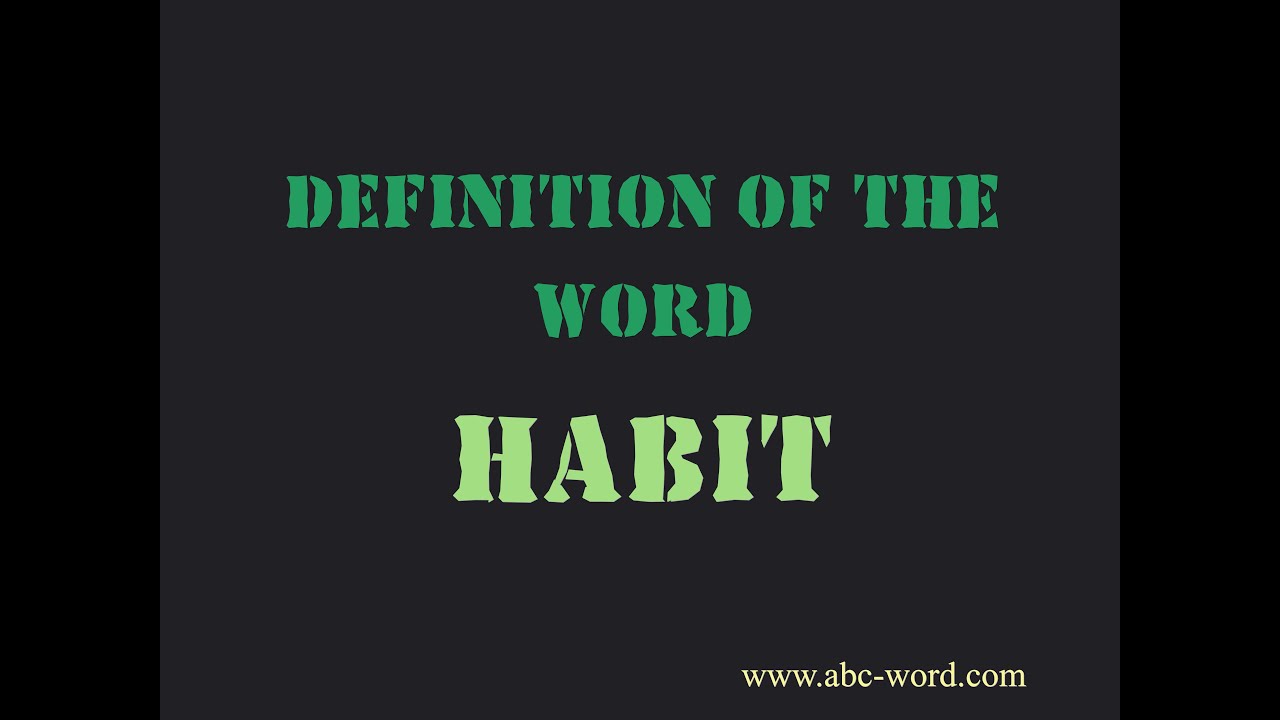
Habit Definition Unraveled Through Automatic Behaviors
The Core of Habit Definition
Let’s break down the habit definition into something just a bit more approachable. At its core, a habit is an automatic behavior we engage in, often without thinking. These patterns, once established, can influence our daily routine, much like how your favorite movie plays every weekend at the AMC Southcenter 16. Just as people anticipate the showtime and settle in for a film, our brains get cozy with habits that seem to define us.
Now, here’s a fun nugget: Did you know that many companies are starting to hire younger teens? Jobs That hire at 15 can help foster healthy routines and responsible behavior at an earlier age. It’s interesting how engaging in work can contribute to the formation of habits that, in their own right, add texture to the habit definition.
Behavioral Insights
Curiously, the polar definition of a habit reveals that they can be good or bad. For instance, while some folks develop a healthy routine of exercising or reading, others might find themselves stuck in negative patterns, like indulging in too much screen time—yikes! Speaking of habits, ever thought about the charms of a classic car? The slick lines of the Lexus GS remind us how certain choices, like car preference, can also become habitual as we drive from point A to point B.
Transitioning habits is all about understanding these nuances. A fun fact: traits like adaptability often shape how we relate to change and habits. Just as comedian Frank Gorshin transformed his career by embracing new styles, we can mold our behaviors for better outcomes, one step at a time.
The Influence of Environment
Lastly, environment plays a significant role in habit formation. Consider how a fun outing to the AMC Southcenter 16 could become a cherished routine among friends or family. Creating positive experiences like this can shift behaviors positively, adding joy to our lives. As you reflect on your own habits, think of how small changes—even choosing to watch a new film—can lead you down a different path.
Ah, and let’s not overlook the iconic cougar mom phenomena—an unexpected cultural reference that ties back into the habit definition conversation. These influential figures remind us that engaging with different life stages provides unique opportunities for habit development. So, whether it’s diving into exciting new roles or simply enjoying life’s quirks, remember that habits are a blend of our experiences, choices, and environments, shaping us moment to moment.

What is the simple definition of habit?
A habit is a behavior that someone does repeatedly, almost without thinking about it. It’s like going on autopilot in your daily routine.
What is the synonym of habit?
Some common synonyms for habit include custom, practice, usage, and wont. These all suggest something people do regularly, often without much thought.
What qualifies as a habit?
A habit usually involves an action that a person does over and over again, often unconsciously. It can be something simple, like biting your nails, or something more complex, like a daily exercise routine.
What is a habit in psychology?
In psychology, a habit is seen as an automatic behavior that’s built up through repetition and often happens without a person being aware of it. It’s the kind of thing you just do because it’s become a part of your routine.
What makes it a habit?
What makes something a habit is that it becomes automatic, triggered by certain cues in your environment. Over time, these actions get ingrained in your behavior.
What is the meaning of habit in one word?
In one word, habit means routine. It captures the essence of doing something regularly.
What are 5 good synonyms?
Five good synonyms for habit include custom, practice, routine, pattern, and tendency. Each of these reflects how behaviors can become automated over time.
How long does it take to break a habit?
It generally takes about 21 to 66 days to break a habit, depending on the person and the complexity of the habit. Some habits are tougher to shake off than others.
How do you describe a habit?
A habit can be described as a regular pattern of behavior that someone falls into, often done without much thought or intention behind it.
What does the Bible say about habits?
The Bible talks about habits as a way of life and emphasizes the importance of building good ones. Good habits are encouraged, while bad ones are advised against, showing the need for discipline.
What are the 4 rules of habit?
The four rules of habit include: identifying the cues that trigger it, understanding the craving that drives it, knowing the response that follows, and finding a reward that reinforces the behavior. These steps can help shape or change habits.
What are the 7 habits definitions?
The seven habits generally refer to principles or practices that can lead to personal growth and effectiveness, promoting positive changes in one’s life and relationships.
What is the 21 90 rule?
The 21-90 rule suggests that it takes 21 days to form a new habit and 90 days to create a lifestyle change. It’s a helpful guideline for those looking to make a lasting change.
Is habit positive or negative?
Habits can be both positive and negative, depending on what the behavior is. Positive habits can improve your life, while negative ones can hold you back.
What are the triggers of habits?
Triggers of habits are cues or signals in your environment that prompt you to engage in a certain behavior. These can be emotional, environmental, or sensory, like seeing a snack that makes you crave it.











